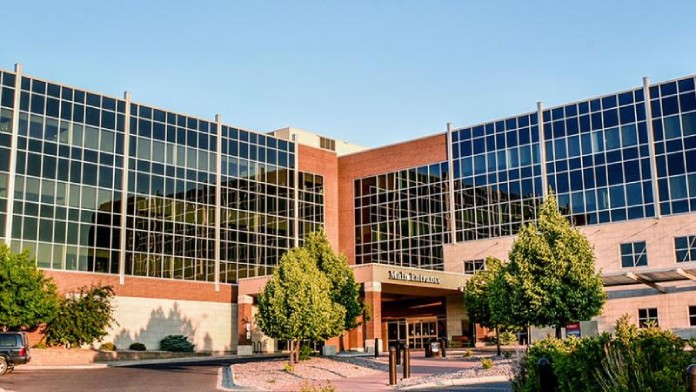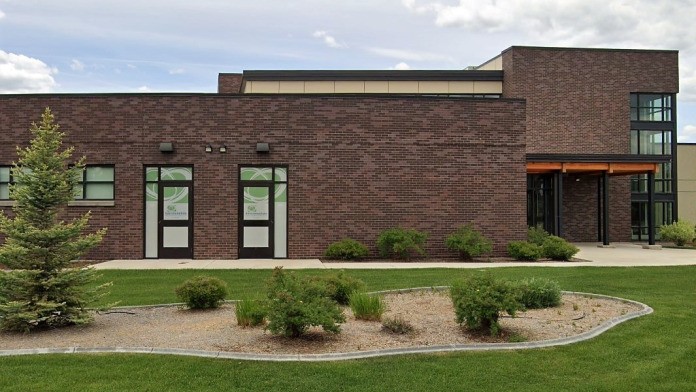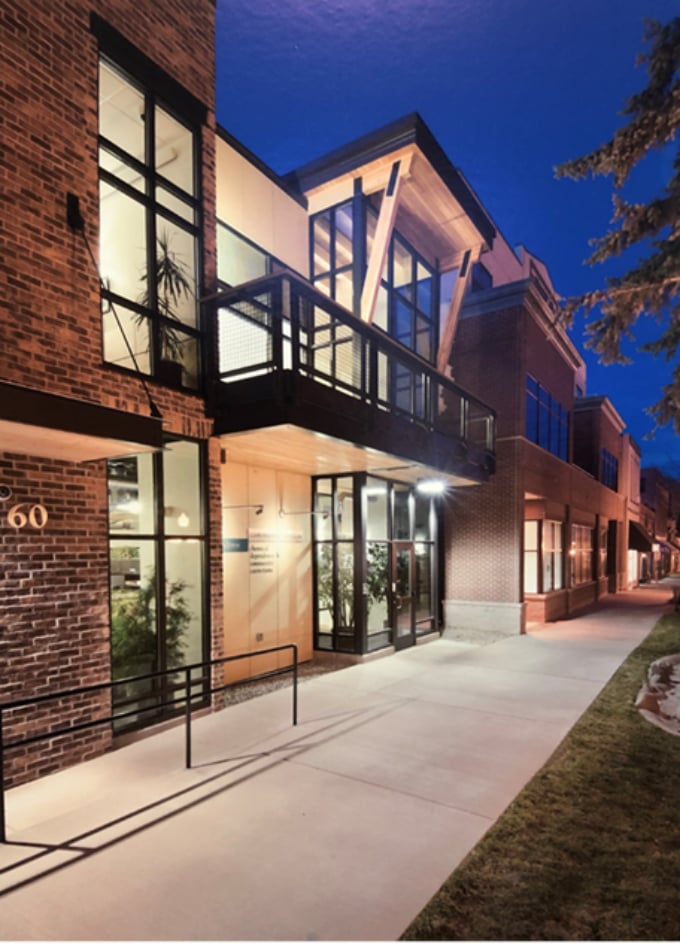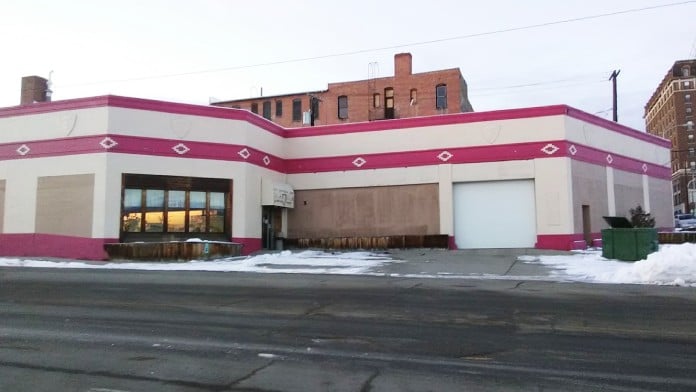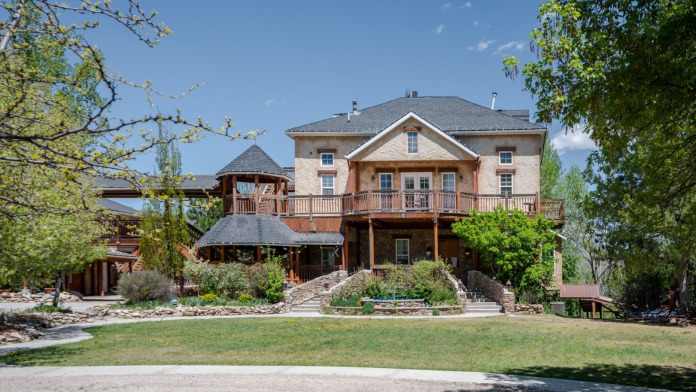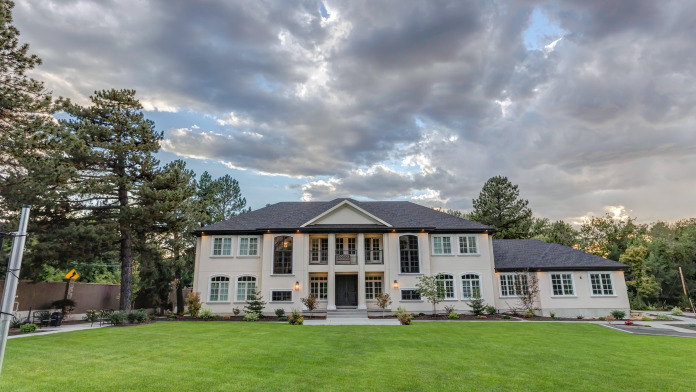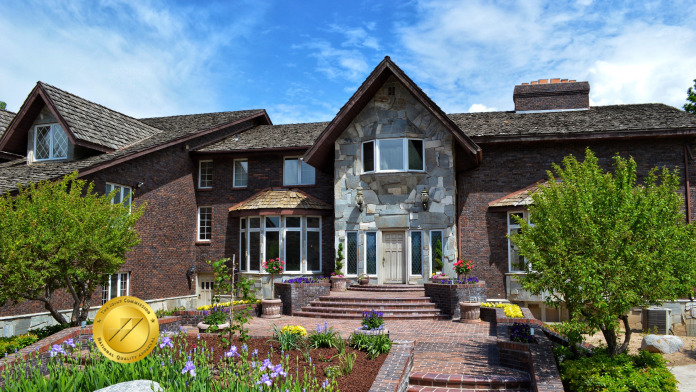About Instar Community Services
Instar Community Services is a drug and alcohol rehab facility located in Helena, Montana. They provide outpatient services to people with substance use disorder. They also provide a residential recovery home for men called Hannon House.
They work with people who struggle with both mental health issues and substance use issues simultaneously. They also offer services to people who have been court-ordered into treatment. They take Medicaid, self-pay, and private insurance.
What to Expect from Your Helena Addiction Treatment
You will start your journey at Instar Community Services with a full assessment to determine a treatment plan. You will have group and individual therapy sessions. They also offer family sessions to help you and your family work together in your recovery.
The staff and administrators work on the principle that there are eight basic dimensions of wellness needed to live a healthy life. They believe a person must have a satisfying, intellectually stimulating career and be financially secure. They strive to ensure that you are physically fit and live in a safe environment. They also work to help you achieve strong social relationships and spiritual and emotional well-being. It’s a holistic approach toward bettering your life, not just putting your addiction behind you.
Justice System Services
People who commit a drug-related crime in Montana must often attend court-mandated therapy. Court orders are given to people who have been convicted of driving under the influence of drugs or alcohol or a violent drug-related crime such as domestic violence.
The staff here is trained in the therapy that will best help you. They also understand the court’s procedures and requirements. They will make sure your paperwork is turned in correctly and on time.
Gambling Addiction
Gambling addiction and substance use often go hand in hand. The counselors here are trained to treat people who have a chronic gambling problem.
Hannon House
In some cases, a person with SUD may need to live in an environment with other people who are going through the same thing they are. Hannon House is a residential treatment home for men.
You will be provided with a bed and three meals a day. You will also be expected to do chores and maintain employment while you are there.
Facility Overview
Latest Reviews
Rehab Score
Gallery
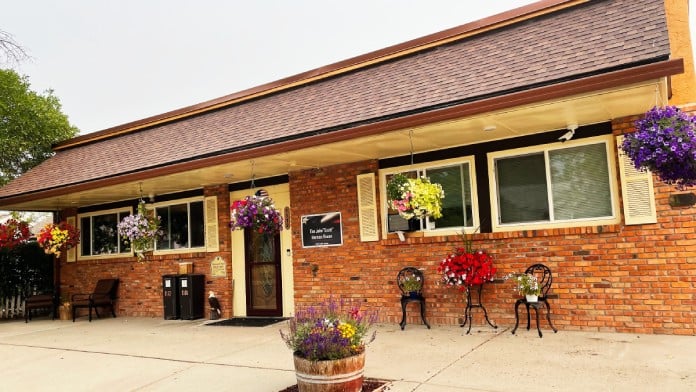
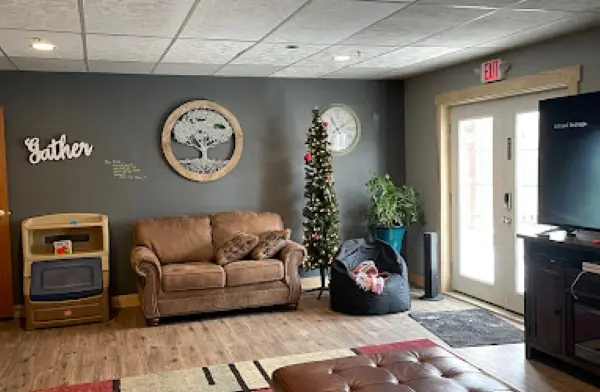
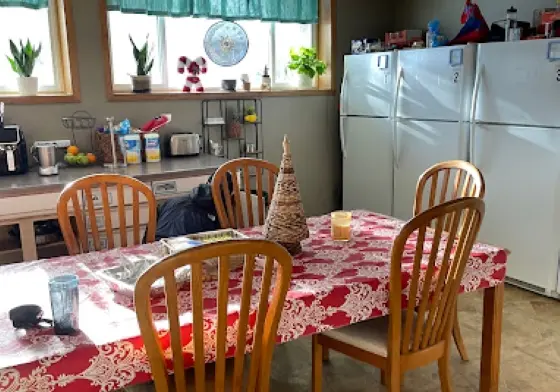
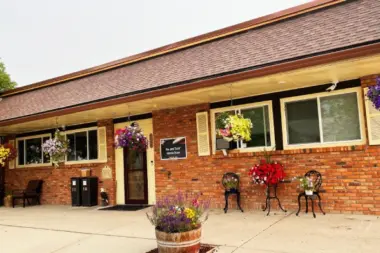
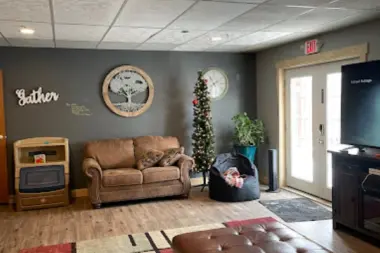
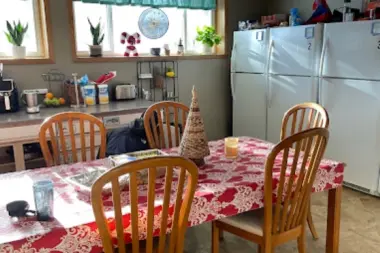
Other Forms of Payment
Private insurance refers to any kind of healthcare coverage that isn't from the state or federal government. This includes individual and family plans offered by an employer or purchased from the Insurance Marketplace. Every plan will have different requirements and out of pocket costs so be sure to get the full details before you start treatment.
Self-pay involves paying for treatment out of your own pocket. You can use savings or credit, get a personal loan, or receive help from family and friends to fund your treatment. If you don't have insurance or your insurance plan doesn't cover a specific program, self-pay can help ensure you still get the care you need.
Financial aid can take many forms. Centers may have grants or scholarships available to clients who meet eligibility requirements. Programs that receive SAMHSA grants may have financial aid available for those who need treatment as well. Grants and scholarships can help you pai for treatment without having to repay.
Sliding scale payments are based on a client's income and family size. The goal is to make treatment affordable to everyone. By taking these factors into account, addiction recovery care providers help ensure that your treatment does not become a financial burden to you or your family, eliminating one barrier to care.
Medicare is a federal program that provides health insurance for those 65 and older. It also serves people under 65 with chronic and disabling health challenges. To use Medicare for addiction treatment you need to find a program that accepts Medicare and is in network with your plan. Out of pocket costs and preauthorization requirements vary, so always check with your provider.
Military members, veterans, and eligible dependents have access to specific insurance programs that help them get the care they need. TRICARE and VA insurance can help you access low cost or no cost addiction and mental health treatment. Programs that accept military insurance often have targeted treatment focused on the unique challenges military members, veterans, and their families face.
Medicaid is a state based program that helps lower-income individuals and families pay for healthcare. Medicaid covers addiction treatment so those enrolled can use their coverage to pay for rehab. When a program accepts Medicaid the client often pays very little or nothing out of their own pocket.
Addiction Treatments
Levels of Care
Outpatient Programs (OP) are for those seeking mental rehab or drug rehab, but who also stay at home every night. The main difference between outpatient treatment (OP) and intensive outpatient treatment (IOP) lies in the amount of hours the patient spends at the facility. Most of the time an outpatient program is designed for someone who has completed an inpatient stay and is looking to continue their growth in recovery. Outpatient is not meant to be the starting point, it is commonly referred to as aftercare.
Residential treatment programs are those that offer housing and meals in addition to substance abuse treatment. Rehab facilities that offer residential treatment allow patients to focus solely on recovery, in an environment totally separate from their lives. Some rehab centers specialize in short-term residential treatment (a few days to a week or two), while others solely provide treatment on a long-term basis (several weeks to months). Some offer both, and tailor treatment to the patient's individual requirements.
Addiction recovery based on 12 step program models emphasize emotional, psychological, and spiritual growth. The 12 step recovery strategy depends on intensive peer support, including regular attendance at group meetings, which are anonymous, free, open to the public, and available 365 days per year in most communities. Participants also receive one-on-one mentoring from a self-selected peer sponsor as they work through the 12 steps of recovery, which relate to self-awareness, forgiveness, accountability, and acceptance.
Each sober living home in Montana maintains strict rules that residents must follow. This structured environment is designed to provide a safe place of support and accountability for residents to establish and maintain sobriety. To remain in the halfway house, residents must pay their own rent, which varies by location. Some homes include utilities and other services, which can make sober living homes quite affordable.
Withdrawing from drugs or alcohol on your own can be difficult and even dangerous. That's why detox facilities offer 24-hour clinical care in Montana to manage this process for you. Withdrawal symptoms can lead to heart palpitations, seizures, or other severe reactions. However, in a supervised clinical setting, medical staff are available to treat these symptoms and allow you to safely detox and overcome drug dependence.
Programs
Adult rehab programs include therapies tailored to each client's specific needs, goals, and recovery progress. They are tailored to the specific challenges adult clients may face, including family and work pressures and commitments. From inpatient and residential treatment to various levels of outpatient services, there are many options available. Some facilities also help adults work through co-occurring conditions, like anxiety, that can accompany addiction.
Serving in the military is both mentally and physically challenging, and can result in trauma that persists even after combat ends. Military programs are tailored to the specific and often complex needs of active duty personnel, veterans, and military families. Clients often access these programs through the U.S. Department of Veterans Affairs (VA).
Clinical Services
Part of drug and alcohol addiction treatment is the use of individual therapy to encourage a collaborative process between the therapist and the patient. This helps uncover the root causes of substance use and address the personal experiences and emotional struggles that may drive addictive behavior. Ultimately, patients gain insight and develop new coping skills to support recovery.
Trauma therapy helps you process traumatic events that you may have witnessed or experienced. This is the first step to healing from these events, integrating them into a more coherent narrative, and improving your resilience.
Family therapy offers a platform for open and honest dialogue about the challenges that addiction has created within the family unit. Using guided sessions, your therapist helps family members develop healthy communication skills and address unresolved issues. By working together, families can help support their loved one's sobriety.
Life skills are the foundational abilities you need to manage day to day life and stress. They are a set of interpersonal and psychological skills that allow you to navigate challenges and perform necessary tasks. Training in these skills is incorporated into drug rehab to equip you for success in recovery.
Amenities
-
Residential Setting
-
Private Rooms
Staff & Accreditations
Staff

Terri Russell, LAC
Clinical Director & President

Megan Moody
Treasurer

Robert Stewart
Secretary
Accreditations

The Substance Abuse and Mental Health Services Administration (SAMHSA) is a branch of the U.S. Department of Health and Human Services. Established in 1992 by congress, SAMHSA's mission is to reduce the impact of substance abuse and mental illness on American's communities.
SAMHSA Listed: Yes

State Licenses are permits issued by government agencies that allow rehab organizations to conduct business legally within a certain geographical area. Typically, the kind of program a rehab facility offers, along with its physical location, determines which licenses are required to operate legally.
State License: Montana
Contact Information
1112 Leslie Avenue
Helena, MT 59601
